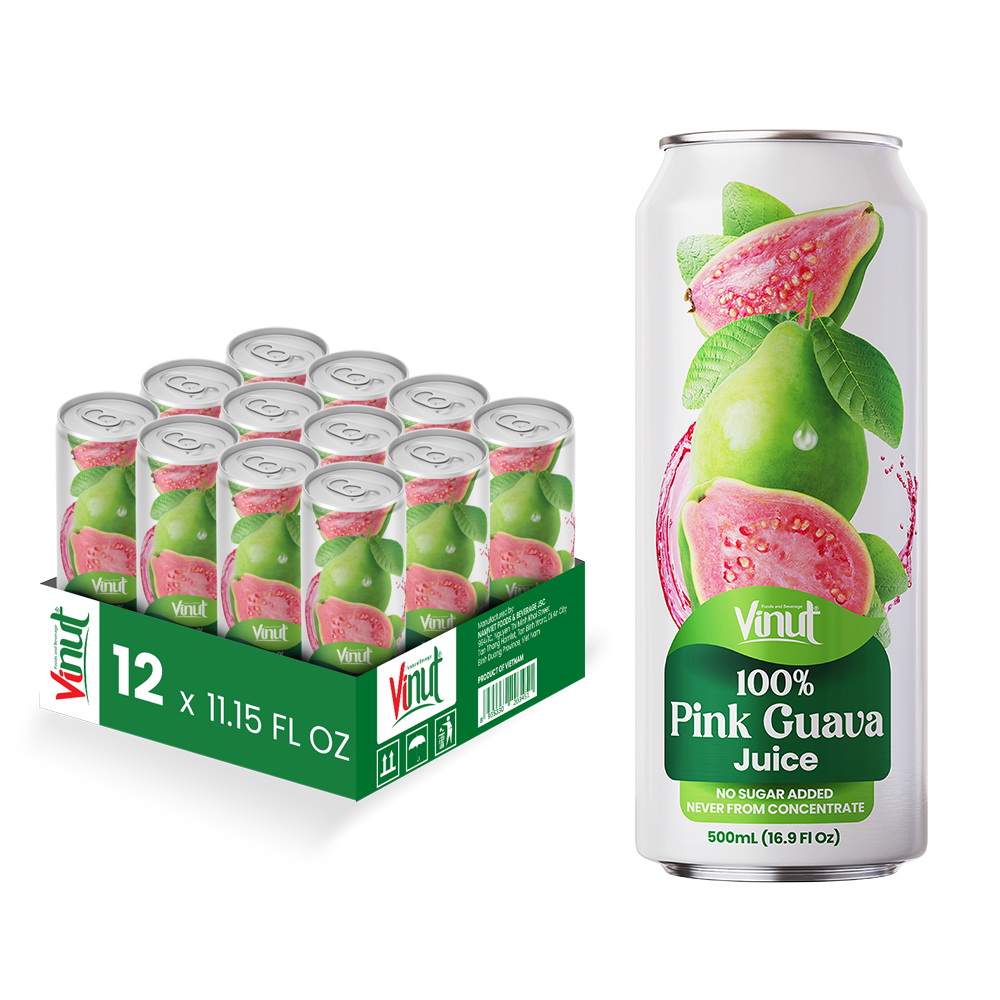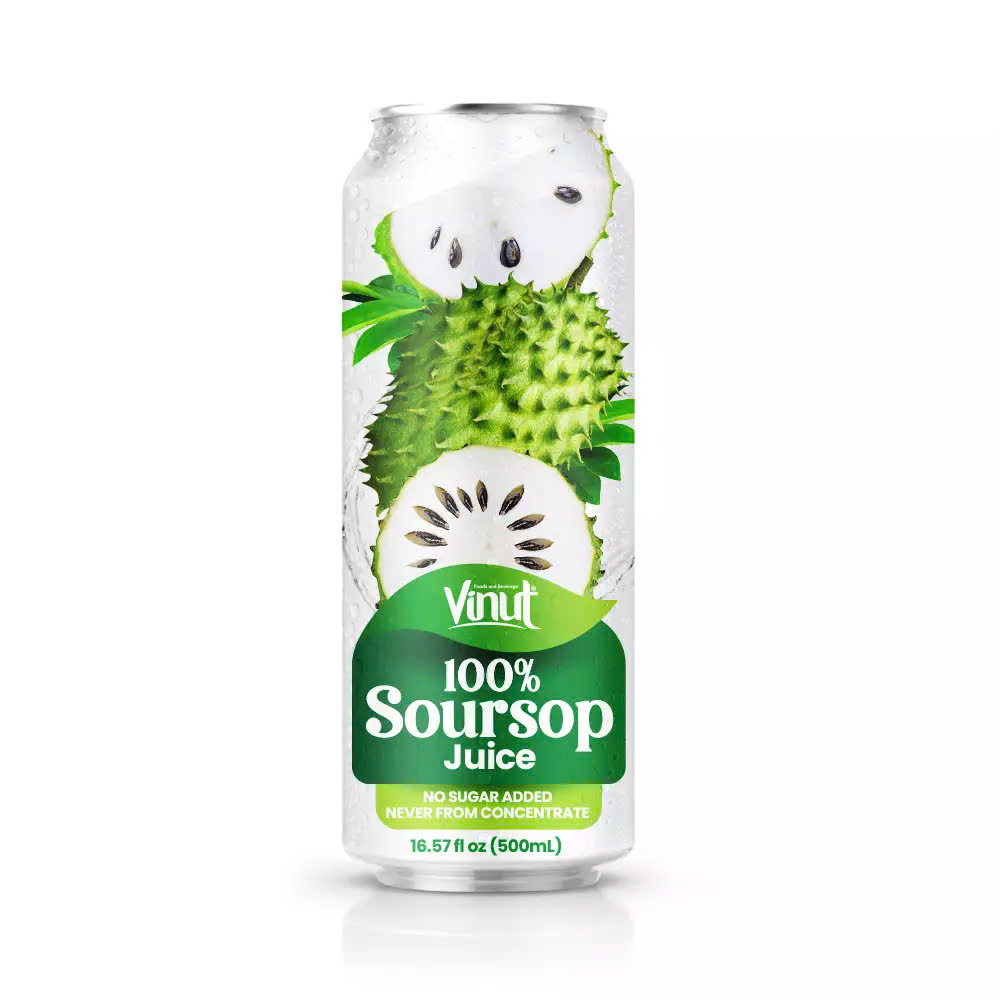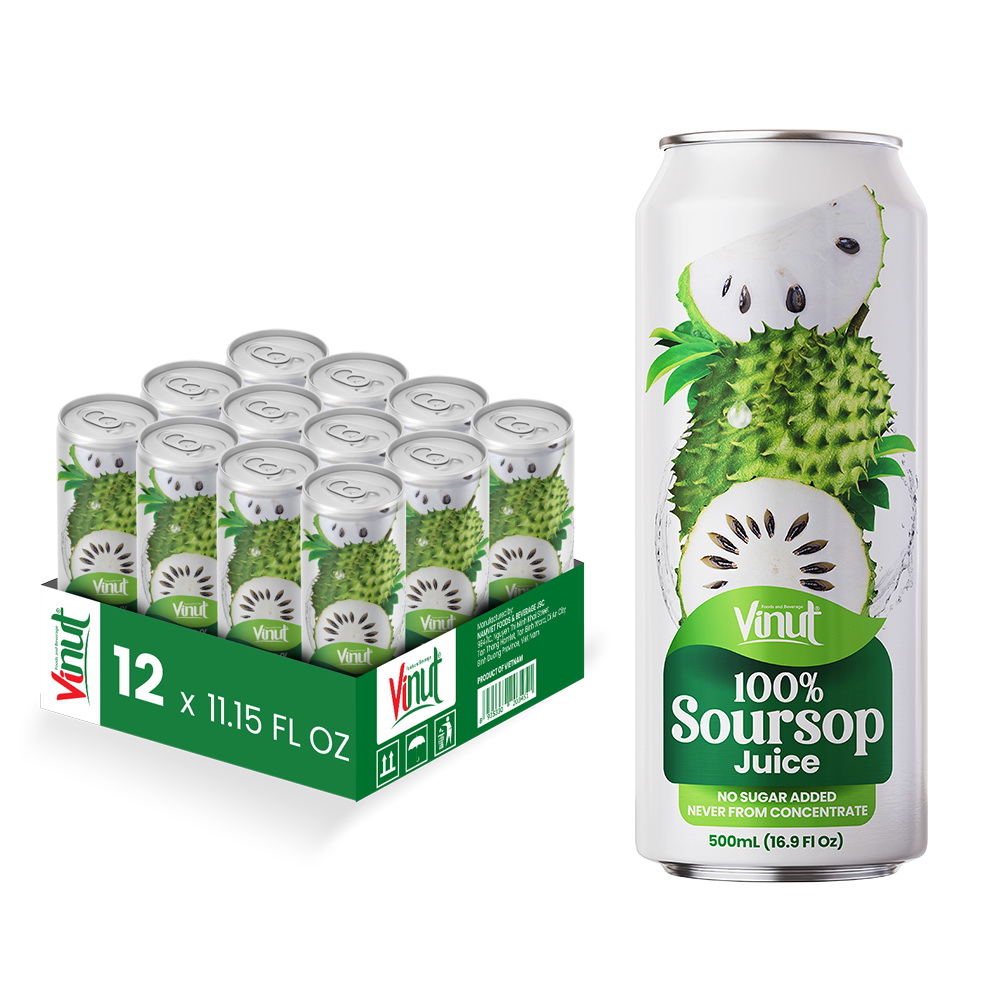
BLOG
Should You Drink Freshly Squeezed Orange Juice Daily?
1. Understanding the Nutritional Profile of Fresh Orange Juice

Freshly squeezed orange juice is celebrated primarily for its high content of vitamin C, a potent antioxidant crucial for immune function, skin health, and collagen production. According to the United States Department of Agriculture (USDA), one cup (240 ml) of fresh orange juice typically provides over 100% of the recommended daily intake (RDI) of vitamin C for adults. This nutrient profile also includes other essential vitamins like folate (vitamin B9), thiamine (vitamin B1), and potassium, which play vital roles in cellular metabolism, nerve function, and heart health.
Moreover, orange juice contains flavonoids, such as hesperidin and naringenin, known for their antioxidant properties. These compounds contribute to the potential health benefits associated with orange juice consumption, including anti-inflammatory effects and improved cardiovascular health. The presence of phytochemicals in orange juice has also been linked to enhanced antioxidant defenses and reduced risk factors for chronic diseases.
2. Potential Health Benefits of Drinking Orange Juice Daily

Immune Support: Vitamin C is renowned for its role in supporting the immune system, particularly in fighting off infections and reducing the duration of colds. Regular intake of orange juice may contribute to maintaining optimal immune function, especially during periods of increased susceptibility to illnesses.
Heart Health: The potassium content in orange juice supports heart function by helping to regulate blood pressure and maintain proper fluid balance. Additionally, the flavonoids in orange juice have been associated with improved endothelial function and reduced risk of cardiovascular diseases.
Skin Health: As a precursor to collagen synthesis, vitamin C promotes skin elasticity and resilience. Regular consumption of orange juice may contribute to healthier skin, reducing the appearance of wrinkles and promoting a youthful complexion.
Antioxidant Defense: The antioxidants in orange juice, including vitamin C and flavonoids, help combat oxidative stress caused by free radicals in the body. This oxidative stress is implicated in various chronic diseases and aging processes.
Hydration: Orange juice is predominantly water, making it a hydrating beverage choice. Proper hydration is essential for maintaining bodily functions, promoting healthy digestion, and supporting overall well-being.
3. Considerations on Sugar Content and Dietary Balance

While the nutritional benefits of orange juice are noteworthy, it is crucial to address concerns regarding its sugar content. Freshly squeezed orange juice contains natural sugars, primarily fructose, which contribute to its sweet taste. Consuming large quantities of orange juice, especially commercial varieties that may contain added sugars, can significantly increase daily sugar intake.
For individuals managing conditions like diabetes or those monitoring their carbohydrate intake, moderation is key. Opting for whole oranges instead of juice can provide dietary fiber, which slows down sugar absorption and promotes satiety. Additionally, blending oranges into smoothies with leafy greens or incorporating them into salads allows for diversified nutrient intake while moderating sugar consumption.
4. Acidity Levels and Dental Health Considerations

Another consideration when evaluating daily orange juice consumption is its acidity level. Citrus fruits, including oranges, contain citric acid, which can erode tooth enamel over time. To mitigate this risk, it is advisable to consume orange juice in moderation and consider using a straw to minimize direct contact with teeth. Furthermore, rinsing the mouth with water after consuming acidic beverages can help neutralize acids and reduce their potential impact on dental health.
5. Incorporating Orange Juice into a Balanced Diet

To derive maximum benefits from orange juice while maintaining dietary balance, consider the following tips:
Portion Control: Limit servings to one small glass (approximately 4-6 ounces) of freshly squeezed orange juice per day to moderate sugar intake.
Variety: Supplement orange juice with other beverages like water, herbal teas, or infused water to diversify nutrient intake and hydration sources.
Whole Fruit Consumption: Incorporate whole oranges into your diet to benefit from dietary fiber, which supports digestive health and helps manage blood sugar levels.
Meal Pairing: Enjoy orange juice as part of a balanced meal that includes protein, healthy fats, and complex carbohydrates to stabilize blood sugar levels and promote satiety.
5. Conclusion: Making Informed Choices

In conclusion, the decision to incorporate freshly squeezed orange juice into your daily diet should be based on individual health goals, dietary preferences, and considerations regarding sugar intake and dental health. While orange juice offers valuable nutrients and potential health benefits, moderation and mindful consumption are essential.
By understanding its nutritional profile, potential health benefits, and considerations for sugar content and dental health, you can make informed choices about whether to include orange juice as a regular part of your diet. Ultimately, a balanced approach to nutrition, which includes a variety of whole foods and beverages, ensures comprehensive nutrient intake and supports overall health and well-being.
References
- United States Department of Agriculture (USDA)
- National Institutes of Health (NIH)
- American Heart Association (AHA)
- Mayo Clinic
























